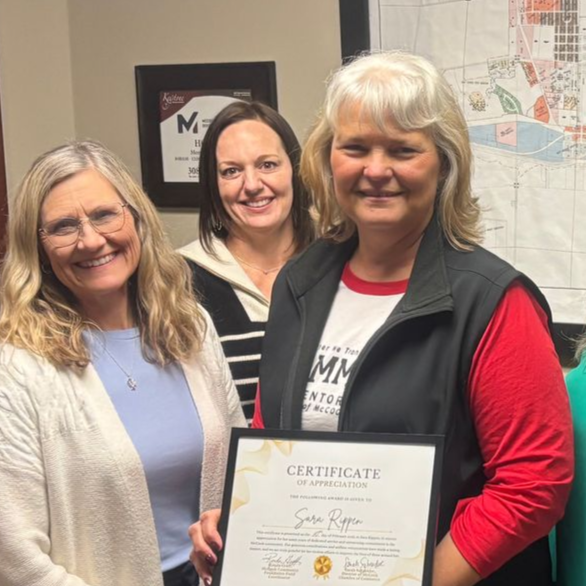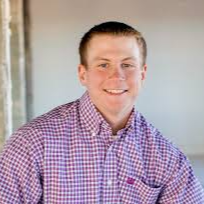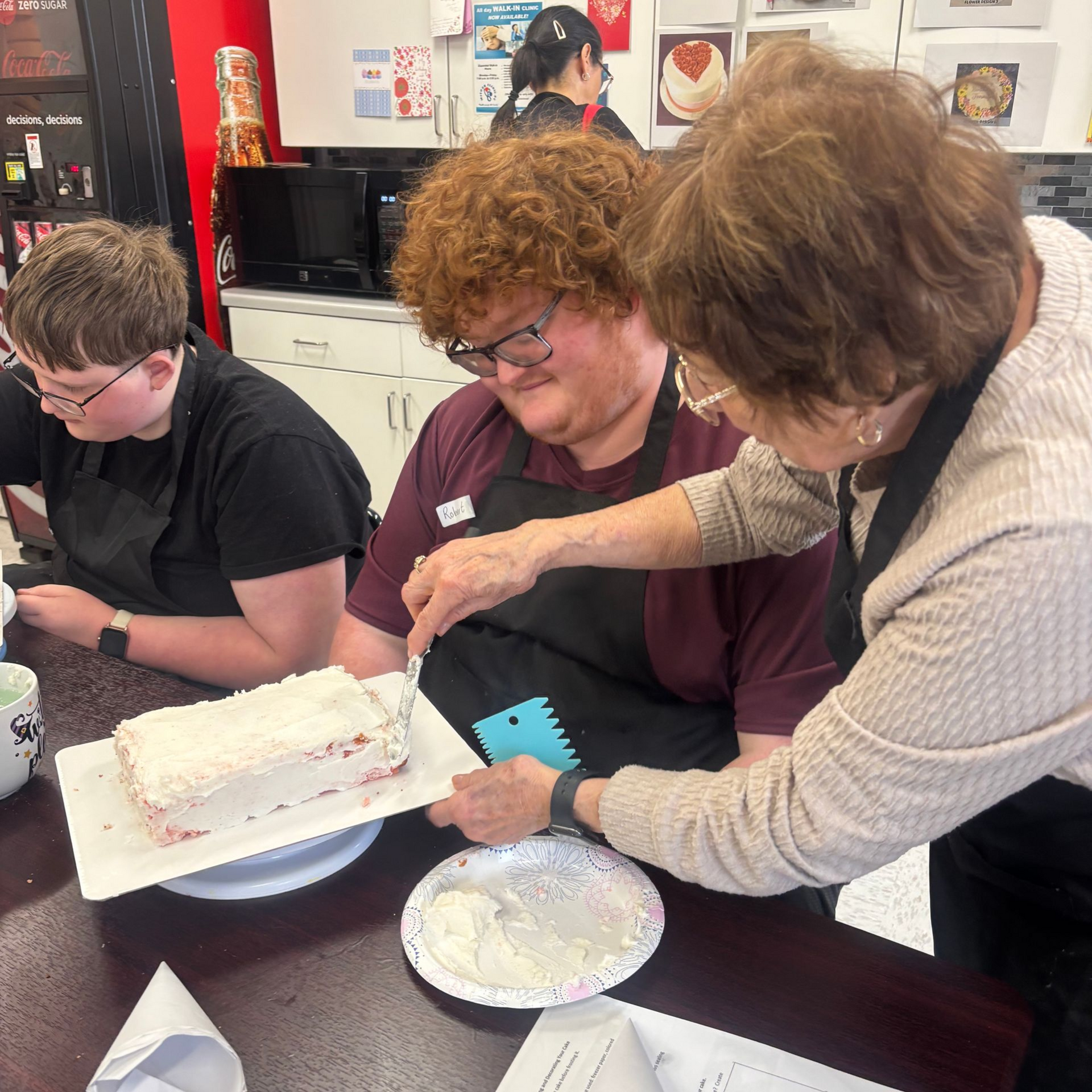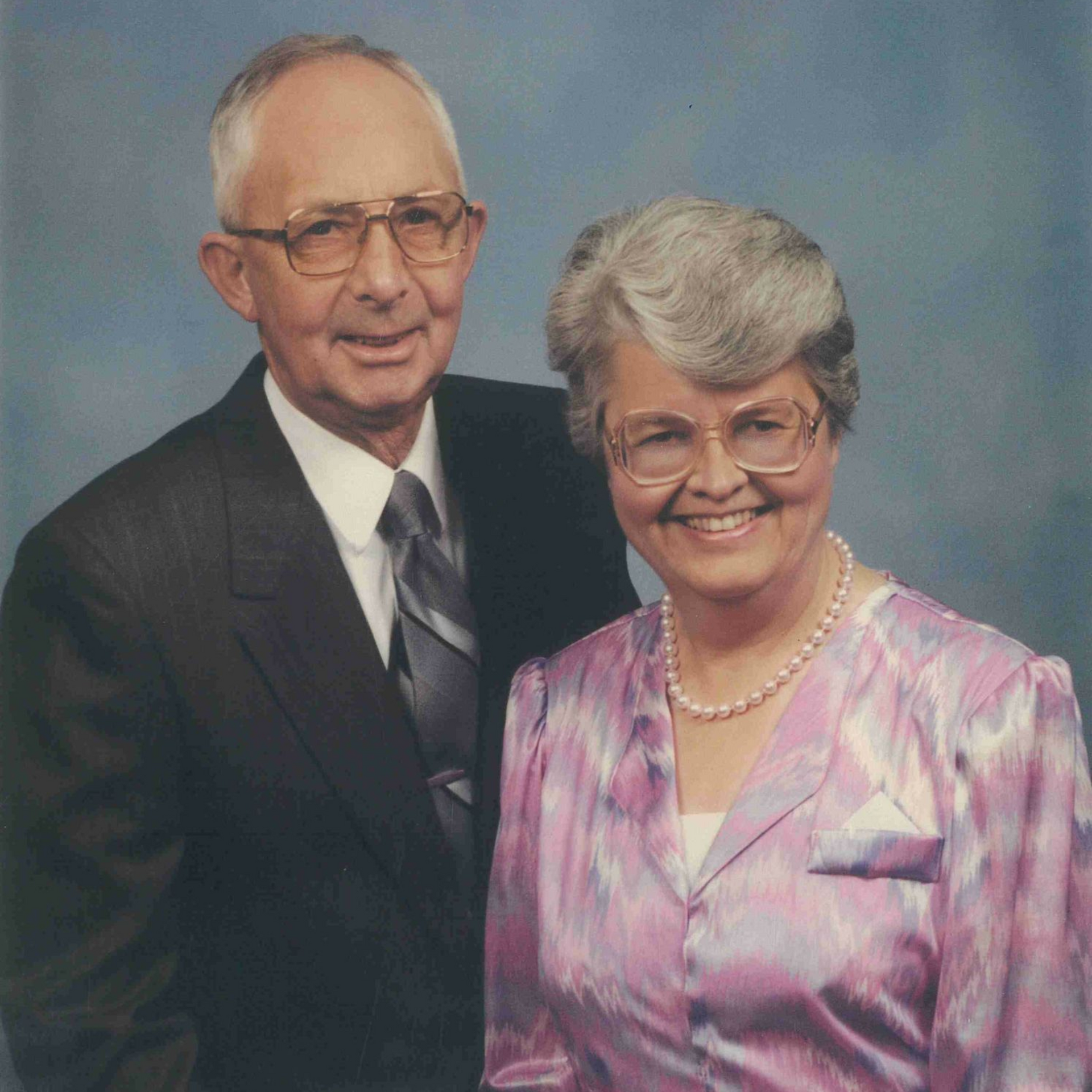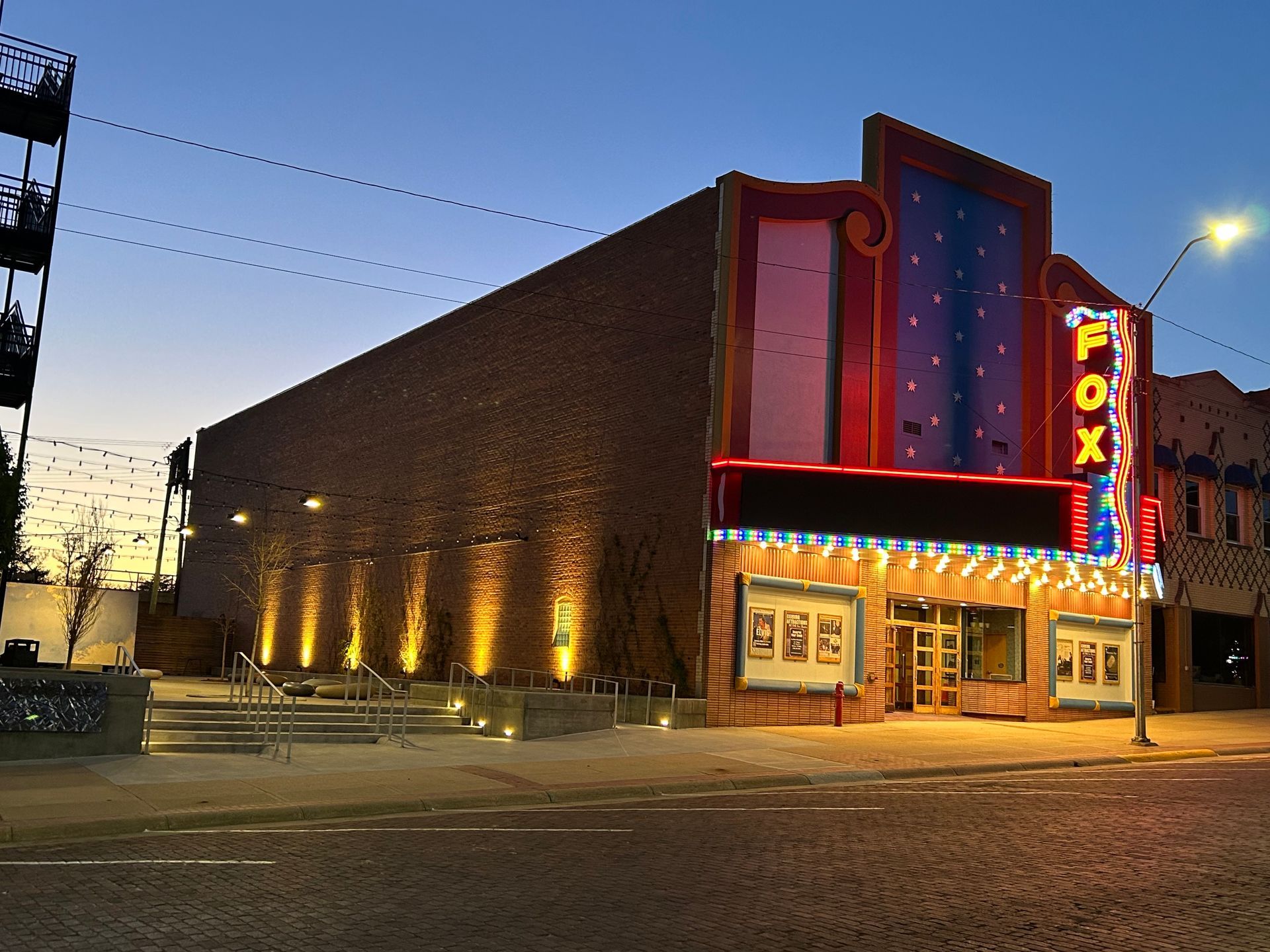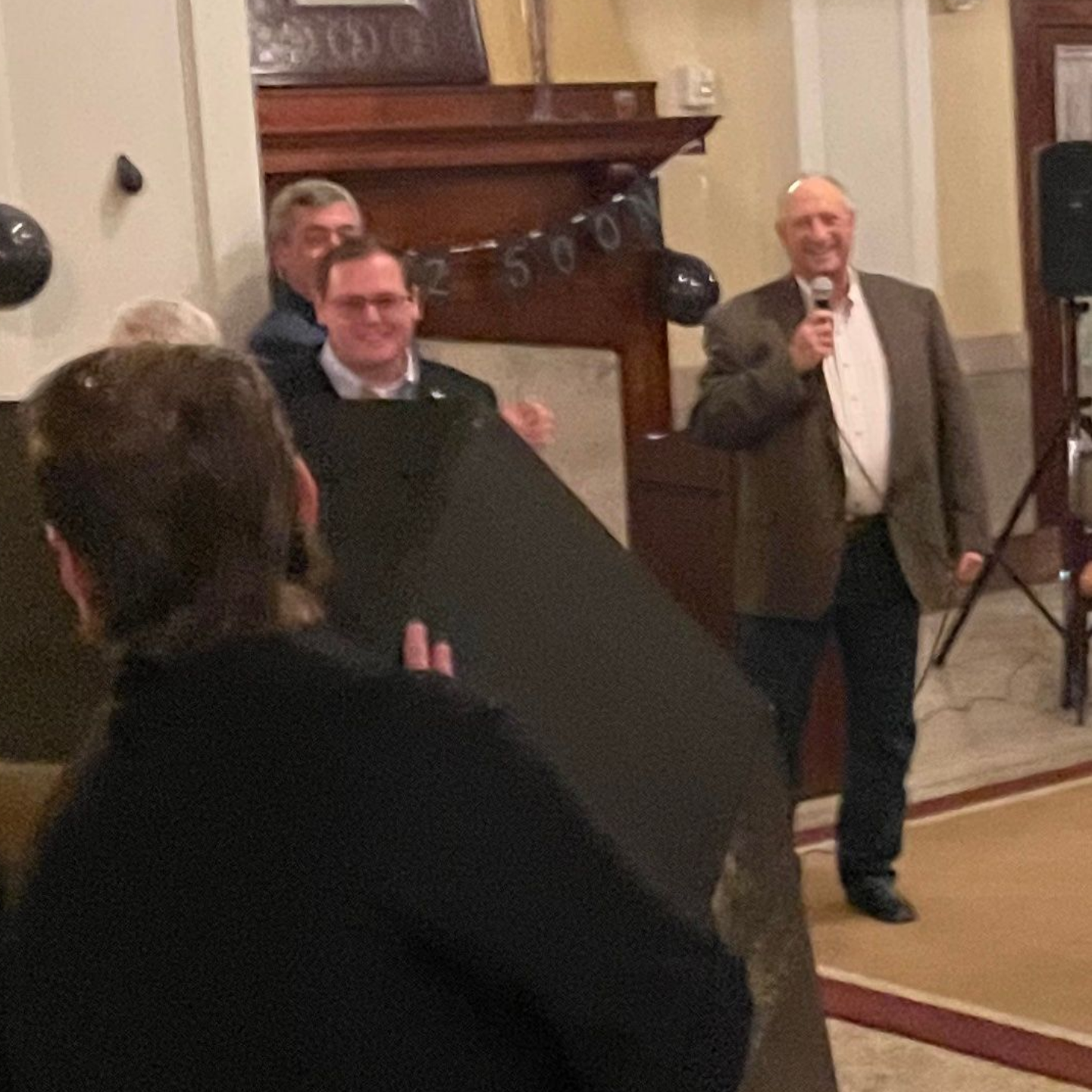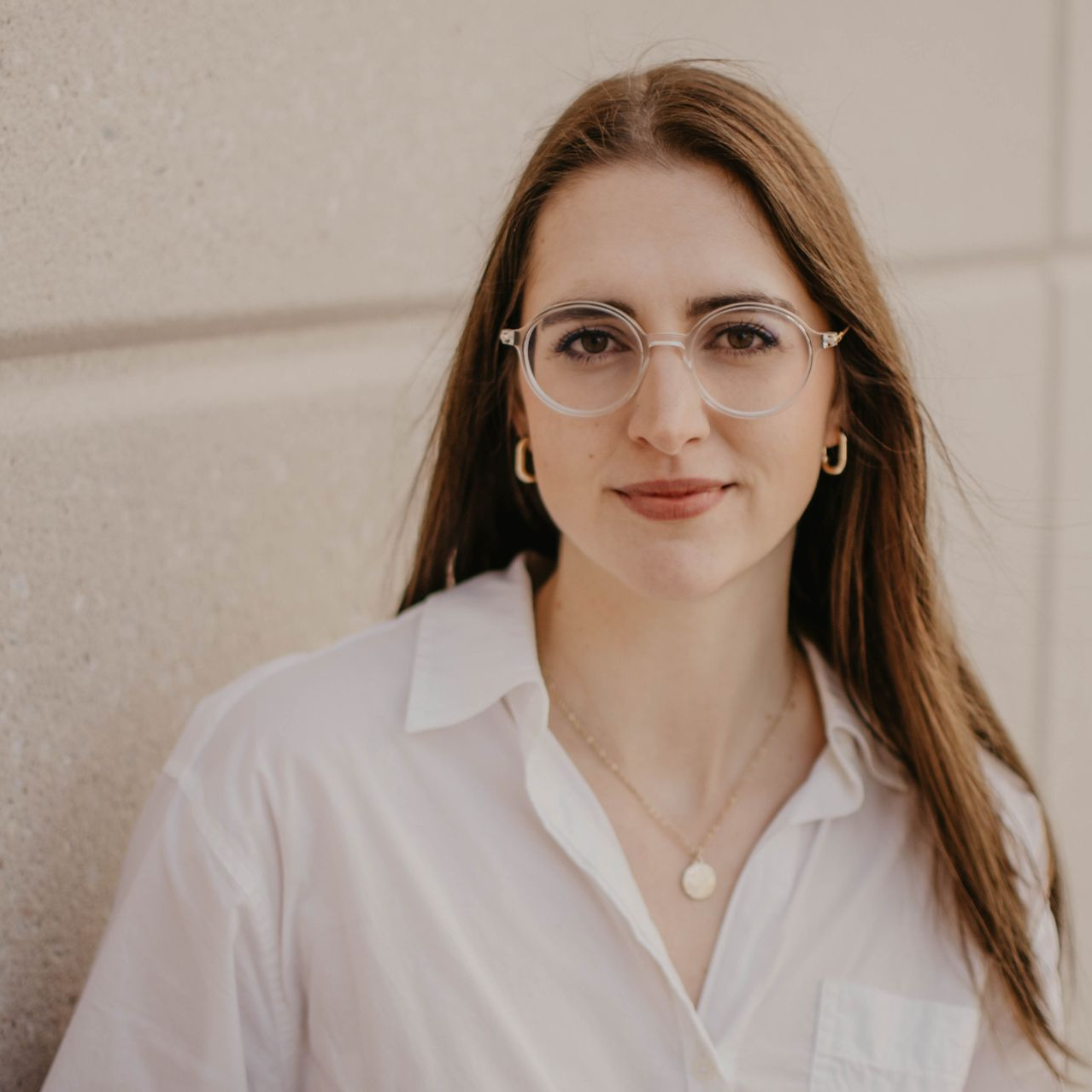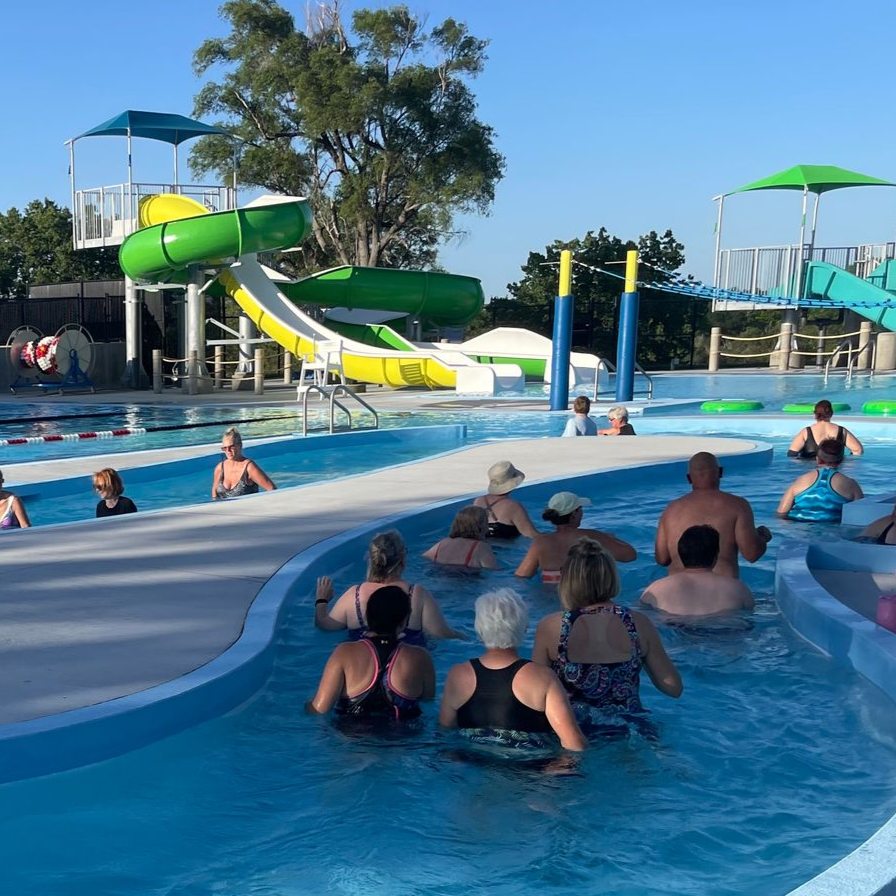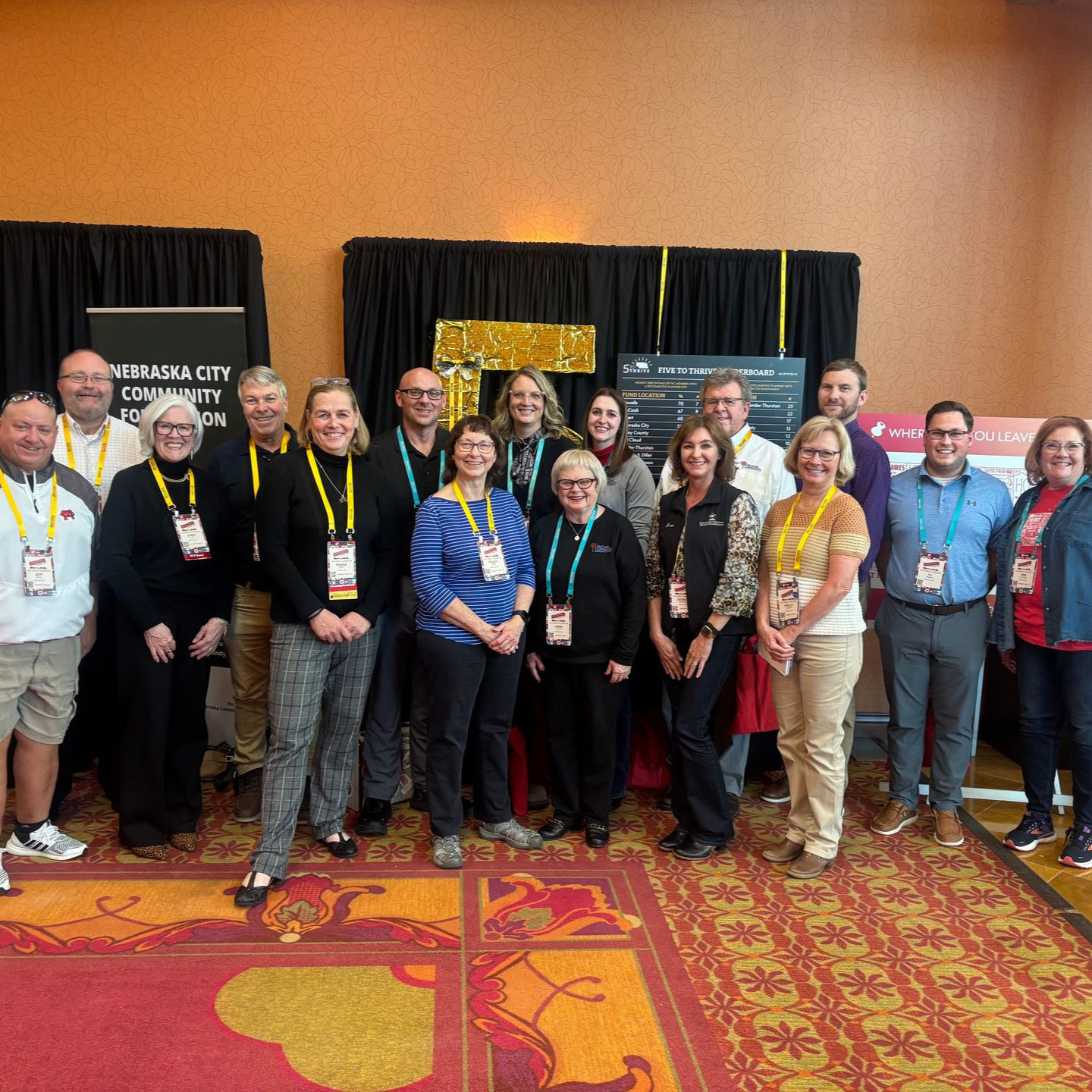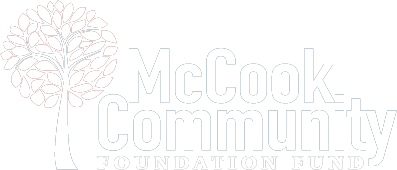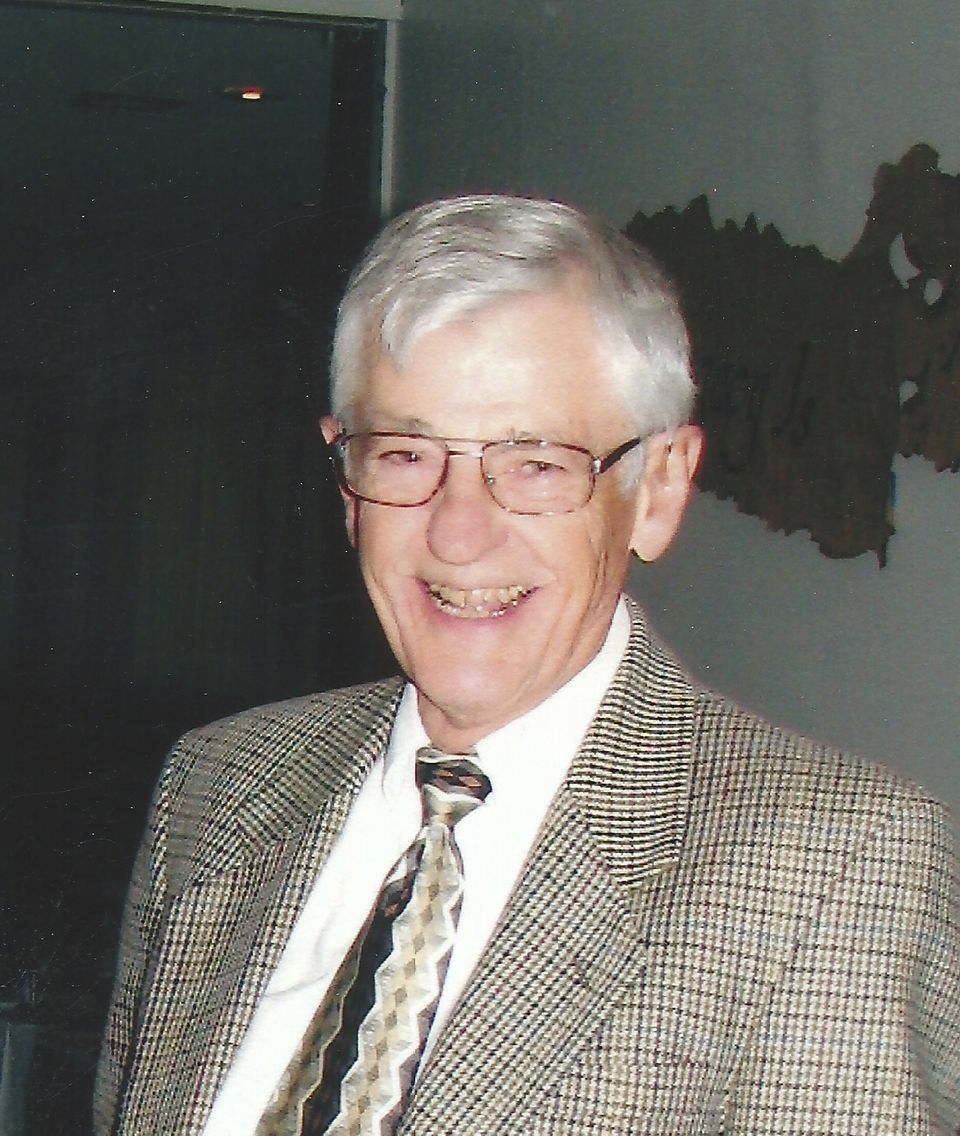
What a difference 20 years makes.
For years, Floyd Hershberger had watched other communities grow and thrive because of a local charitable foundation and knew McCook would benefit from having something similar in place. So in 2001, the McCook Community Foundation was created - with a zero balance.
Now two decades later, the McCook Community Foundation Fund has passed a milestone of more than $6 million in assets.
How did this happen?
As MCFF was being formed, the community had a progressive group of leaders who thought differently. They saw a need and searched for an idea to fill it. They knew collaboration was key and came together to make it work. They believed in the generosity of others and believed in abundance rather than scarcity.
Ultimately, they felt a responsibility to make their community better - not only for themselves, but for others.
And obviously others have felt the same way. This growth has happened because people believe in McCook and see the value in investing in McCook and that happens in a variety of different ways.
It is the Big Give McCook, where hundreds of donations are made in one day to organizations which are invaluable to day-to-day living in McCook. It is a planned gift, where McCook is thought of as an additional child in an estate when a person passes away. It is an unexpected donation from an alumni, who may not live in McCook but values the childhood they received and want to make sure today’s children have it just as good. It is someone who may not even be alive to benefit from their generosity but realizes the impact they can have for generations to come.
Although MCFF has reached a milestone, this doesn’t mean MCFF has millions of dollars to give away. It means that millions have been invested and for the most part, the dollars will remain invested forever.
But the returns on those investments are what will make McCook an even better place to call home for generations and those investments are returned in a variety of ways.
Every year, MCFF oversees two scholarships - the Haag Scholarship and Fassler-Nuemann Scholarship - because supporting our young people is a priority for MCFF. The scholarships just happened to have March 31 deadlines.
Several organizations in our community receive annual dividend checks because donors have selected them as needed and necessary for a better community.
But the biggest impact likely comes in the form of grants which are distributed twice a year and have grown tremendously over the past 20 years.
In 2003, MCFF made its first grant - $750 to McCook Public Schools toward playground equipment at the then-new elementary school. Whereas this year, MCFF has the potential to distribute more than $100,000 toward programs, ideas and projects which benefit everyone, from those growing up to those growing old. And the spring grant application deadline just happens to be next week, April 1.
Now this is where we really need people to think different.
Think long-term
Yes, the day to day issues need to be dealt with, but we need to be thinking how our decisions today will affect our children and their children. How can we make an impact for years to come? How do we secure the future of our community without thinking ahead and coming up with a plan?
Think big
Small projects are necessary but we need to dream and think big sometimes. If someone hadn’t dreamed big, would Heritage Hills exist? Would the Kiplinger complex have happened? Would MCFF have been created?
Think working together.
We need to break down our silos and figure out how to work together. How does one project affect another? Would one idea benefit more than one organization? Would a collaboration mean more funding and more resources?
Thinking how I can give back
We live in a pretty great part of the world, in a great part of the country, in a great part of the state. We are blessed with a wide-open sky and wide-open land. We have beautiful scenery and abundant resources.
There are many reasons to be grateful and just as many ways to give back. Maybe it is getting involved in a service organization. Maybe it is running for a political office. Maybe it is making a financial donation to benefit others.
Each and every one of us can make a difference. Each and every one of us has a voice that needs to be heard. Each and every one of us can make McCook an even better place to call home.
Twenty years later, Floyd would be proud to know we are thinking just a little bit differently.
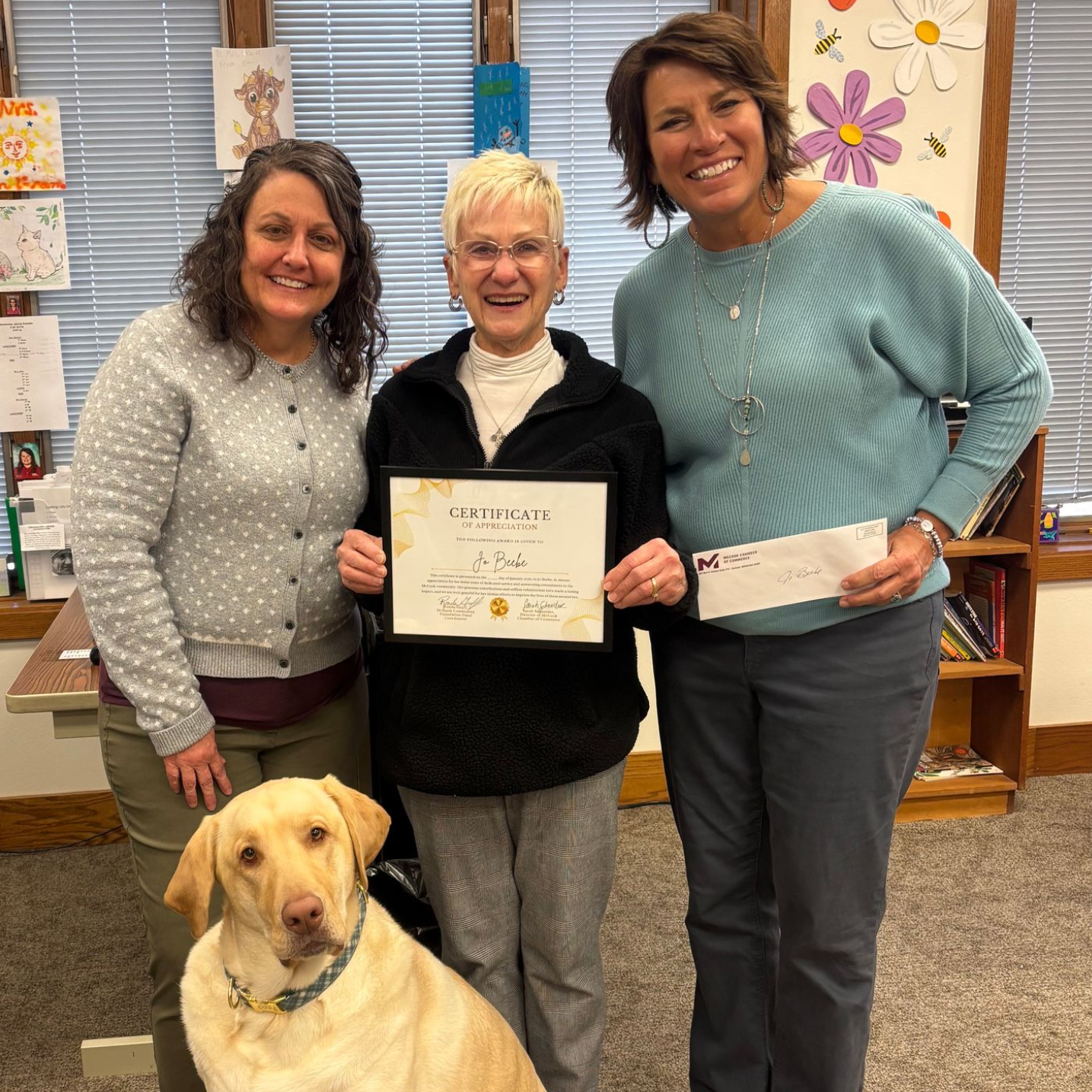
To kick off the new year, Jo Beebe has been selected as the January 2026 McCook Volunteer of the month. While many people might know Jo for her years at the Sports Shoppe, she can be found giving hours of her time to the community, especially at St. Patrick Church. Whether during the weekly Mass or for a funeral or wedding, Jo shares her beautiful voice from the choir loft, as well as leading the choir members. Jo, along with her husband Harold, also has served as the St. Pat’s GALA host couple in the past and continues to help with set-up and cleanup of the annual event. Jo is also active with the Fall Festival, the Rosary Rally and the Wild Game Feed in Curtis every year. She attends every the Order of Christian Initiation of Adults class and helps students prepare for confirmation. And since retiring from the Sports Shoppe, she is active in the Altar Society, and volunteers at the Bargain Bazaar thrift store. According to her nomination, “The way Jo gives of her time and talents to our parish and community is a reflection of her faith,” and the community and the church are better because of her generosity. The McCook Philanthropy Council selects the monthly recipient for the McCook Volunteer of the Month award as part of the McCook Community Foundation Fund’s McCook Volunteer program. If there is a volunteer in the community who should be recognized, please contact the McCook Chamber of Commerce at 308.340.3200 or visit McCook Volunteers on the MCFF website, mccookfoundation.org to complete a nomination form. The only requirement is that the nominee must be a resident of McCook or Red Willow County. Please have information about the nominee along with where and how they volunteer in the community.

